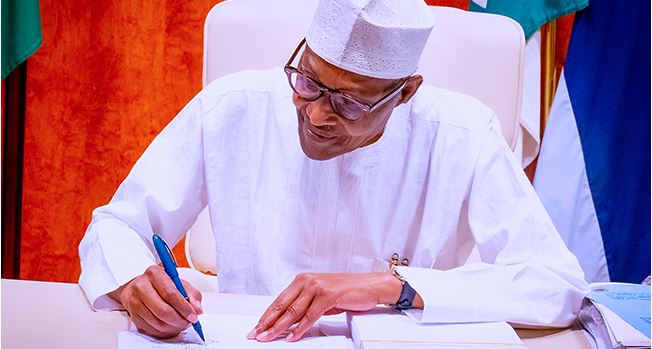

The Nigerian Midstream and Downstream Petroleum Regulatory Authority (NMDPRA) says normalcy will be restored to petrol stations in Abuja and other areas in about three days following the resumption of loading in Lagos depots.
Mr Farouk Ahmed, Chief Executive, NMDPRA, made this known when he visited some petroleum products depots in Apapa and Ijegun-Egba areas of Lagos State on Wednesday.
The depots visited by Ahmed who was accompanied by Mr Adeyemi Adetunji, Group Executive Director, Downstream, Nigerian National Petroleum Company Ltd., included 11 Plc, NIPCO, A.A. Rano and Emadeb.
Ahmed said the scarcity was caused by the stoppage of loading for some days when a vessel of Premium Motor Spirit (PMS) imported into the country was discovered to contain methanol above the specified volume.
He said the technical team comprising stakeholders in the downstream sector had been able to identify, isolate and quarantine the limited amount of PMS affected by the methanol volume that was discovered.
Ahmed said:-
“We have gone round some of the depots in Apapa and Ijegun-Egba and they are loading.
“These products that are being loaded have been tested and are being distributed to Lagos and other Northern parts of the country.
“There is a vessel that just arrived with 39,000 MT, which would be distributed to the major marketers here in Apapa.
“Once they start loading, Lagos will be cleared in a day or two but trucking from here to Abuja and other areas will take two to three days.”
He noted that the incident had taught the authority a lesson on the need for extra due diligence in carrying out its regulatory activities.
“I will not make any excuses. The fact is that there were mistakes made because we received product that was off specification even though there was a surveyor that actually went on board and took sample.
“Because this parameter was not indicated, they didn’t capture that parameter.
“So it was a mistake but now going forward, obviously we have to balance all these parameters and components of imported products not only PMS but other petroleum products.
“The component that was in excess was methanol and the fuel was not toxic or something that can destroy the environment but it was a matter of how it affects machineries and vehicles,” said Ahmed.
He said the withdrawn products would be re-blended to ensure it met the country’s specification.
According to him, it will be tested to ensure it is of good quality and recertified before it is redistributed into the market. (NAN).

Leave a Reply